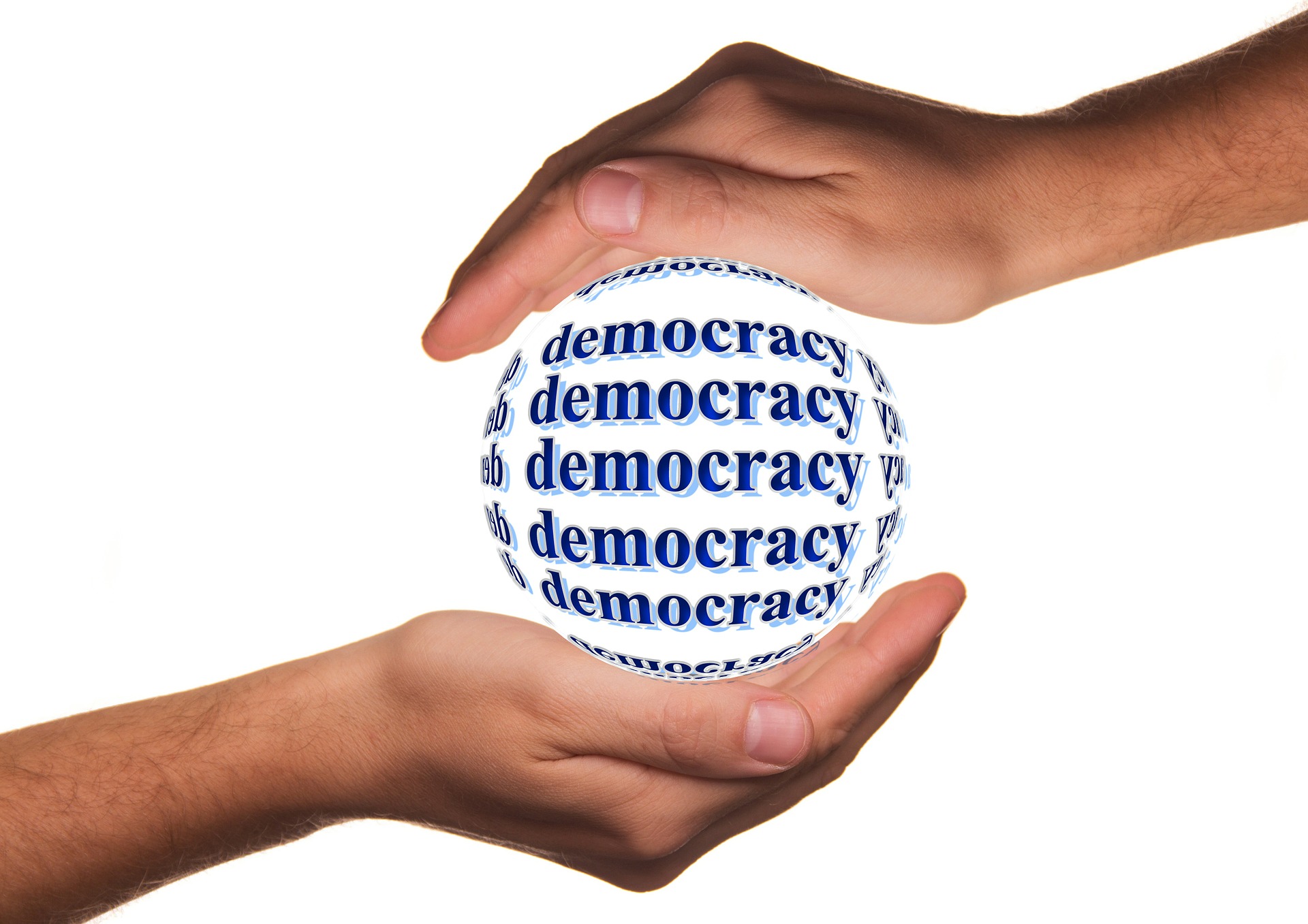“The German government is critical of the blocking of US President Donald Trump’s Twitter account,” the Süddeutsche Zeitung recently wrote. What was going on there? Wasn’t a large part of Twitter users extremely happy that Twitter did just that? Cut off the voice of one of the most powerful government figures, whose violent language not only damaged digital communication, but helped sow an immense amount of hatred? Certainly this was the case, but the statement of the federal government did not refer to the perceived sense of justice of individuals, but to the issue of freedom of expression – one of the greatest achievements in a democracy.
A precious asset in democracy: freedom of opinion
Business and politics are closely intertwined for centuries. However, it is a novelty that a company intervenes in politics in such a public and arbitrary way. The Chancellor criticised this with good reason as an intrusion into the freedom of opinion. A democratic society must be able to tolerate expressions of opinion of the broadest kind. This is exactly its value, even if it is not always easy. Because of the high value of freedom of expression we constantly criticise states that do not grant their citizens this very freedom and feel superior to them.
The vulnerability of network infrastructures
So far so good, a company has restricted an individual’s freedom of expression. What does that mean exactly? As Andreas Rösler already mentioned in this blog post, the situation is much more complex, because it reveals an even greater vulnerability of our digital infrastructures: the dependence on monopolists, which is linked to a lack of digital sovereignty. When you get right down to it, democracy would already be lost to us because of these digital monopolists. Tech giants like Apple, Google, Microsoft, Facebook, Amazon or Twitter have almost complete control over our communication options – whether private or professional. Amazon can change conditions overnight, Microsoft can fundamentally change part of their software, Twitter and Facebook can delete accounts or manipulate discussions at will, Apple can stop all updates, Google can hand over certain data on government orders … the list could go on and on.
Tech giants benefit from lack of digital sovereignty
So far, the influence of the techs has been limited mainly to the consumer sphere due to their economic self-interest. In the past, Twitter and Facebook promoted hate speech as well as the formation of racist and violent groups. With less intervening they profited financially from growing user traffic. By blocking Trump’s social media accounts (however much one would like to welcome this), they are now showing some ethical concern, which they have lacked in the past.
A new dimension of influence has been added: not democratically elected and legitimised institutions, but corporate entities are interfering in a democratic process of free expression.
Corporate leaders, i.e. individual CEOs, decide what is considered good or bad and act autocratically. On the other hand, in this scenario it becomes almost impossible for individuals to act in a sovereign and self-determined way if they want to keep participating socially, socio-culturally and economically.
Monopolists promote patriarchal structures
In this situation, patriarchal structures that had seemed to have been overcome long ago are reproduced or reverted to even earlier times when the church, the monarchy, the military and the aristocracy decided the weal and woe of their subordinates in the most arbitrary way.
This situation should be alarming and must be questioned: Do we want to allow companies to not only exercise economic power in the future, but also a high degree of political power? Georg Diez, a taz author, put it this way in an article:
“… it is high time to talk very fundamentally about the influence and especially the functioning of tech monopolists like Apple, Google, Facebook or Twitter, because it is not their arbitrary actions that are the problem, the real issue is the political economy of their business model and the resulting danger for democracy.” (Source: https://taz.de/!5739040/)
The democratisation of technology
The trend in the US at the moment is to think about breaking up tech giants. Such developments have occurred more often in the past as a regulatory mechanism and they are not wrong. But breaking up does not automatically mean gaining sovereignty.
For governments and all public institutions in democracies, there is another solution out of digital dependency. The solution for comprehensive digital sovereignty is again: Open Source – the democratisation of technology.
Foto: Gerd Altmann on Pixabay


